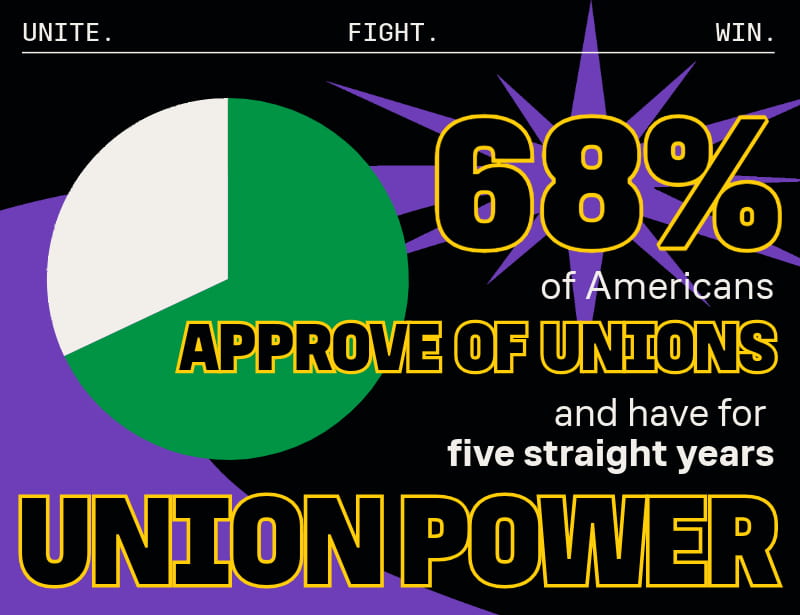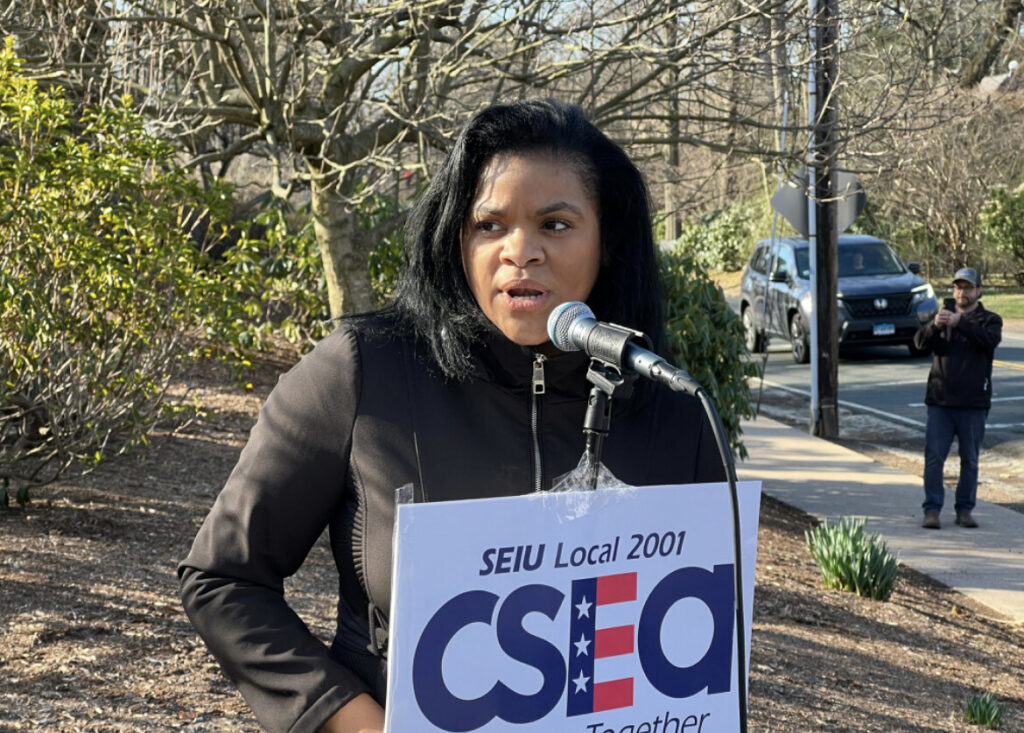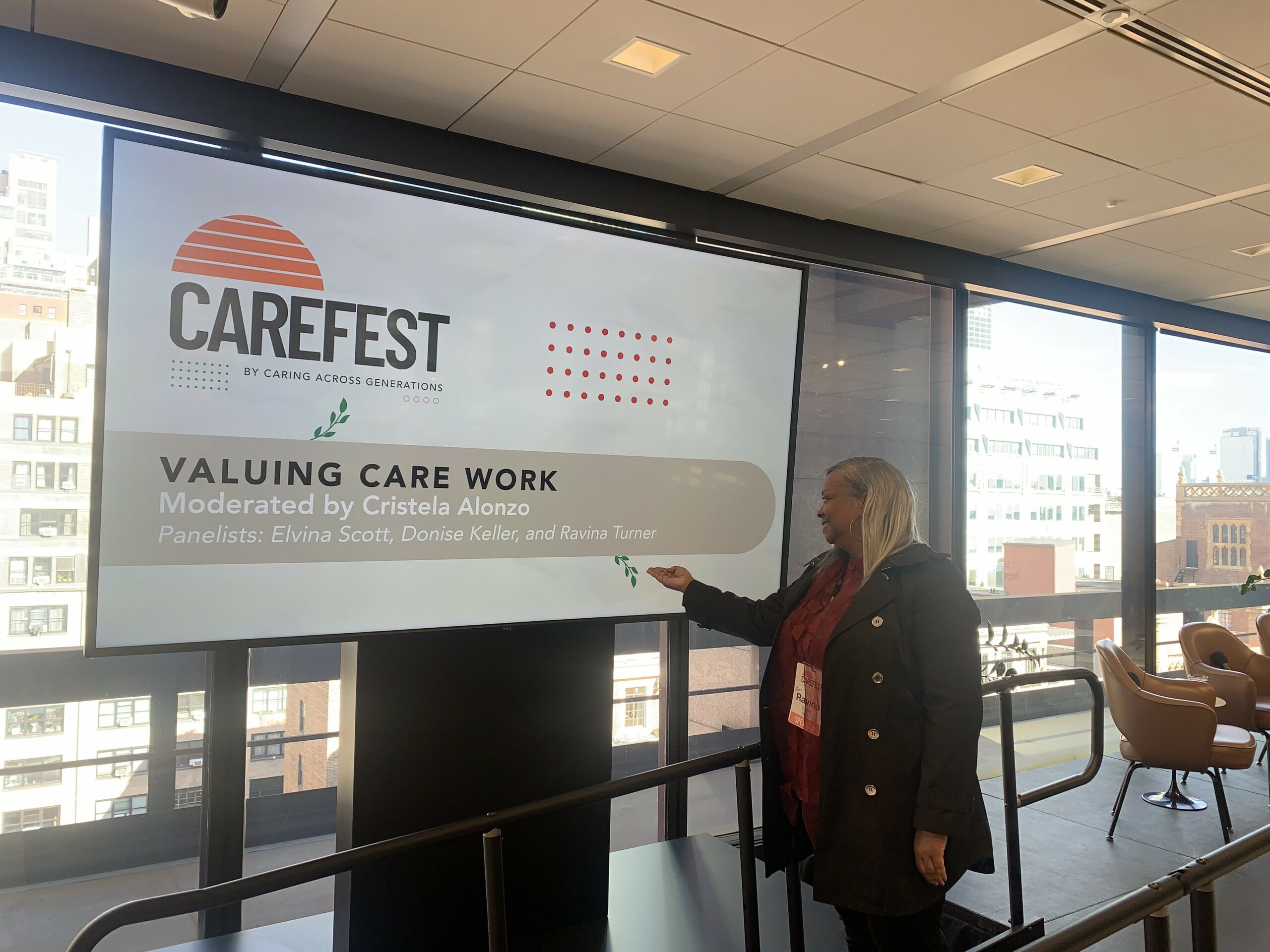The day will come when:
Policymakers universally recognize how important child care providers are to our economy—how we are an underpaid, undervalued profession of mostly women of color. WE enable so many parents to work!
Elected leaders support child care businesses with sustainable base funding and regard them as a public good, just as K-12 schools are supported through taxpayer dollars!
Child care workers who create a stable child care industry are honored and celebrated, not just for the work we do day-to-day, but for fighting for systemic cultural change despite our own lack of traditional power.
My name is Katherine Lantigua, and I am one of those child care providers fighting for recognition of our industry. Thankfully, due to a recent Presidential decree, April is now Care Workers Recognition Month! While this is an amazing first step, there’s still so much more we need to do to get the wages, benefits, and respect we have earned day in and day out.
My husband and I began our child care business six years ago as part of Connecticut's Care 4 Kids program. The program was a solution to a problem so many parents I know face: how to find and afford child care. At the time, I was working during the day as a pediatric medical assistant, and my husband was working at night as a ride-share driver. We often struggled with long hours that left us exhausted, even to the point of my husband, Diogenes, nearly falling asleep at the wheel. During our "time off," we would care for our young daughter—and had another one on the way! This setup left little time for anything else in our lives. Working and caring for our children was all we could do.
Now, I’m a full-time child caregiver, and though some parts of our lives are healthier and safer, things haven’t gotten much easier. I welcome children to my home every day, operating as a day care from 5am - 6pm. Then, after the last child has gone home, I continue to work. I sanitize everything (this was especially time-consuming during the height of covid), complete my administrative tasks, and get to work prepping for the next day. Of course, on top of these after-hour tasks, my two children are with me at home. For so many of us providers, child care simply never stops.
75-hour workweeks leave very little time for my own family, and many child care workers make poverty level wages—less than $14 on average, with no benefits! Some months I have to choose between paying for gas or paying the light bill, and don’t even get me started on saving for a retirement or for my children’s future. Knowing first-hand these low wages and long days has activated me like never before, and it’s why I always summon the physical and mental strength to shine a light on this broken system, especially in my role serving as Child Care President for SEIU Local 2001 CSEA (CT State Employees Association).
It’s an honor to represent and be an activist for child care workers. My rallying cry, with the strong support of my union, is this: Federal, state, and local governments must invest in child care workers. Investments across the spectrum, from basic wage increases & benefits to impactful programs like universal free preschool can make a world of difference. When child care workers have the resources to thrive, we can be successful in our mission to lift up families and provide the best care for our future generations.
The exploitation of child care providers and the high expense for parents must come to a halt. If not for us, then for the next generation of providers, parents, and children.
STATS



